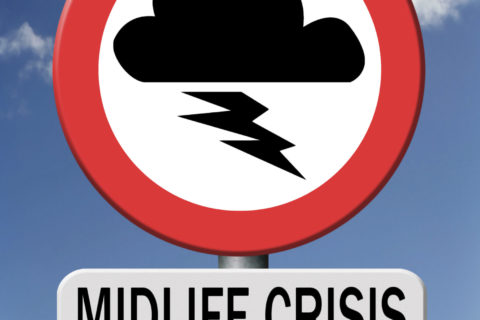By Jack Miles
The front and back pages of the press have recently been awash with the ever evolving scandal surrounding football’s world governing body. Highly acclaimed marketing professor Mark Ritson recently commented on what marketers could learn from the key player in the recent FIFA saga – Sepp Blatter. However, there are also wider implications vs. marketing activities other than individual marketer behaviour – namely around the dynamics of reputational narrative:
Negative Narrative Has Power
FIFA has been operating for 111 years. Over this period, the events and infrastructure it has governance over have touched every corner of the globe – evidenced by the 1 billion viewership of the last World Cup final. However, in the space of a week, the image of FIFA has been changed to that of a dark and shady organisation run on bribery and fraudulent activity. This reinforces the notion that reputation takes years to build but can be destroyed in minutes.
Negativity is a Powerful Currency
The U-20’s World Cup recently took place in New Zealand, and the Women’s World Cup held in Canada has just ended. However, these events have taken a significant back seat to the stories involving corruption and bribery. The implications of this are not that these events do not matter to the public, but in fact that negative news is a large driver of media consumption in the 21st century.
Negative Momentum is Dangerous
As time progresses, the FIFA rumour mill is generating increasing and unmanageable traction. The announcement of bribery charges on May 27th was followed by Blatter’s re-election and resignation, stories of key characters in the narrative fearing for their lives, bribery around Thierry Henry’s 2010 handball, claims around Blatter having an affair with Cristiano Ronaldo’s former partner and FIFA staff joking about the issues afoot. The message here is that, if the media narrative which threatens your reputation is not managed, and crisis communications not activated efficiently, the damage will get worse.
Ignore the Law of Candour at Your Peril
Reis and Trout’s Laws of Marketing dictate that organisations should embrace any negatives they encounter and use them as a means to be seen as delivering the truth and generate trust by virtue of this. FIFA’s most open communication paths – namely their website and Twitter page – are yet to make any notable comment on the recent headlines. This shows them to be the opposite of what the law of candour seeks to promote. Resultantly, they are currently viewed as an extremely insular, secretive, dark organisation. This is simply leading to more questions and suspicions as oppose to limiting damage. The message here again involves the management of negative narrative – transparency might reveal undesirable truths. However, they will eventually be revealed nonetheless – the benefit of doing so in a candid manner will mean that reputational damage is limited and a degree of openness and honesty will likely be embraced positively.
So what is the epilogue of the FIFA saga thus far…….
The key takeaway to date is that ‘the story’ as a concept is more powerful than ever before. The speed at which stories develop, the digital means by which they are shared, and the reach of people a story can touch mean that in the digital era your story can make or break a reputation depending on the sentiment that is attached to it. The mismanagement of the negative narrative around FIFA will likely have long lasting reputational effects on the organisation. Regrettably for FIFA, the momentum and power of positivity moves a lot slower than its opposing sentiment.
Jack Miles is Research Director at Northstar.


